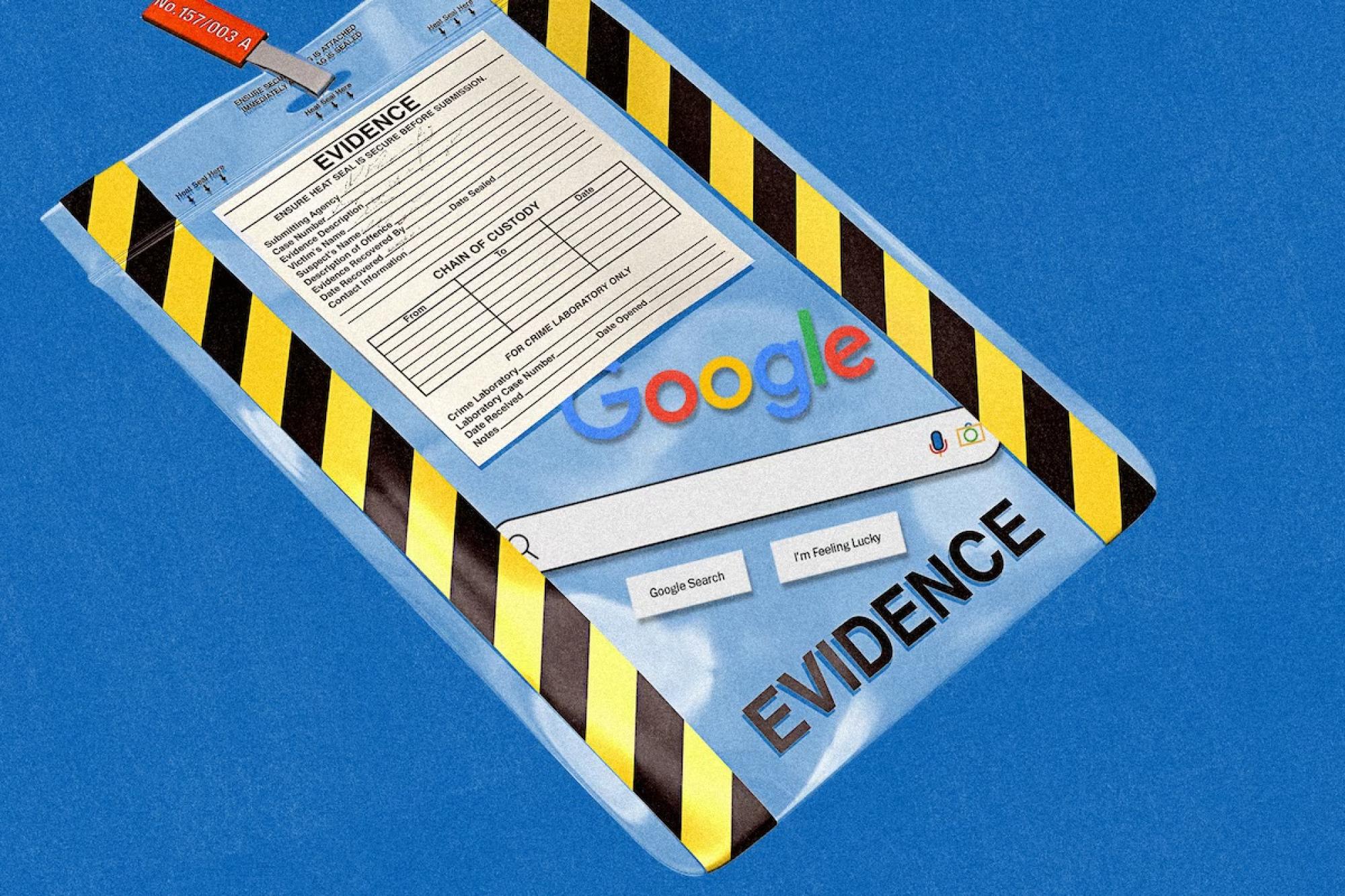Related Stories
Police love Google’s surveillance data. Here’s how to protect yourself.
Key Excerpts from Article on Website of Washington Post

Posted: October 29th, 2023
https://www.washingtonpost.com/technology/2023/10/24/google-...
A recent court ruling in Colorado highlighted how Google’s tracking of our locations and web searches helps police find suspects when they have few leads — but it’s also sweeping innocent people into investigations. Google says it has procedures to “protect the privacy of our users while supporting the important work of law enforcement.” But defense attorneys and civil liberties advocates say that Google is a gold mine for novel police methods that they call unconstitutional fishing expeditions. Even if you believe you have nothing to hide from law enforcement, relentless digital tracking of Americans risks our information falling into criminals’ hands, too. Law enforcement officials say that Google’s data on people’s locations and search histories helps solve crimes, including in the 2021 Capitol riot. In initial court-ordered warrants to Google, the company typically gives police information that isn’t connected to people’s identity. Only after they single out potentially suspicious data do the police go back for individually identifiable information. But defense lawyers and privacy advocates say the two types of broad warrants to Google turn normal police work upside down and threaten Americans’ rights. In a typical search warrant, police have a suspect in mind and ask for a judge’s approval to search their home, phone data and other potential evidence. In the large-scale search term and location warrants, police know a crime occurred but don’t know who might have committed it.
Note: Explore news articles we've summarized on the troubling nature of the use of location tracking by governments and corporations. For more along these lines, see concise summaries of deeply revealing news articles on police corruption and the disappearance of privacy from reliable major media sources.
Related Stories
Latest News
Key News Articles from Years Past











































































